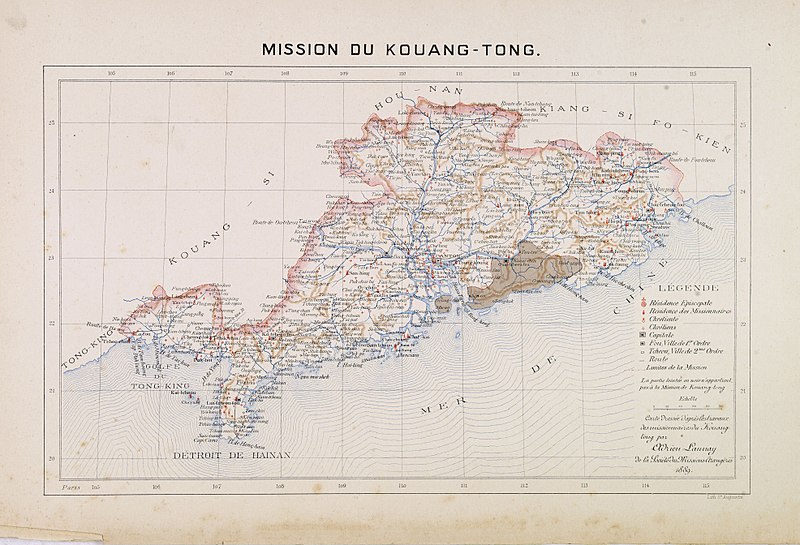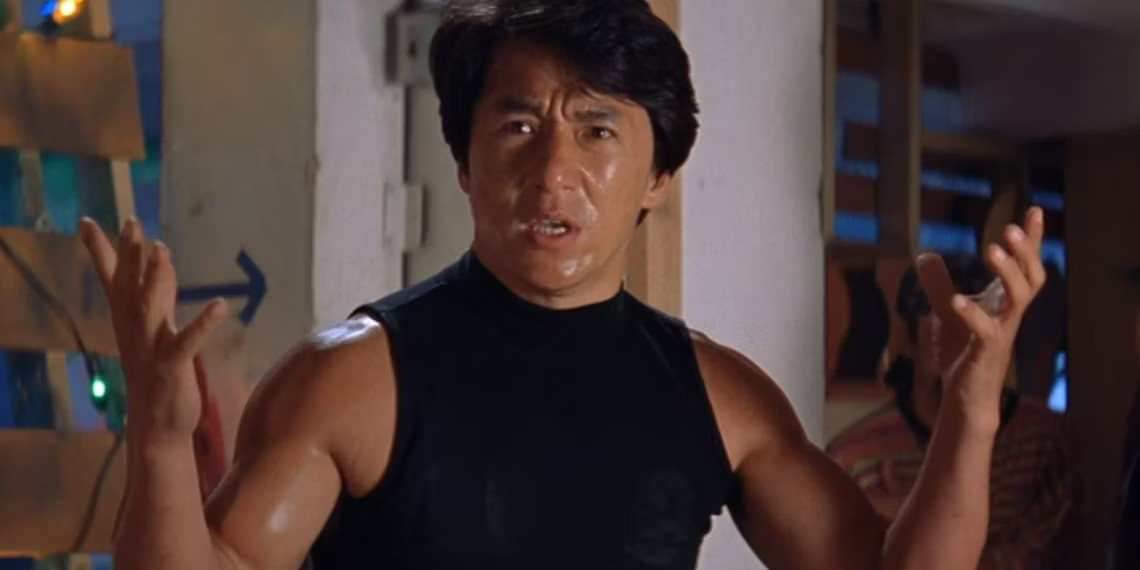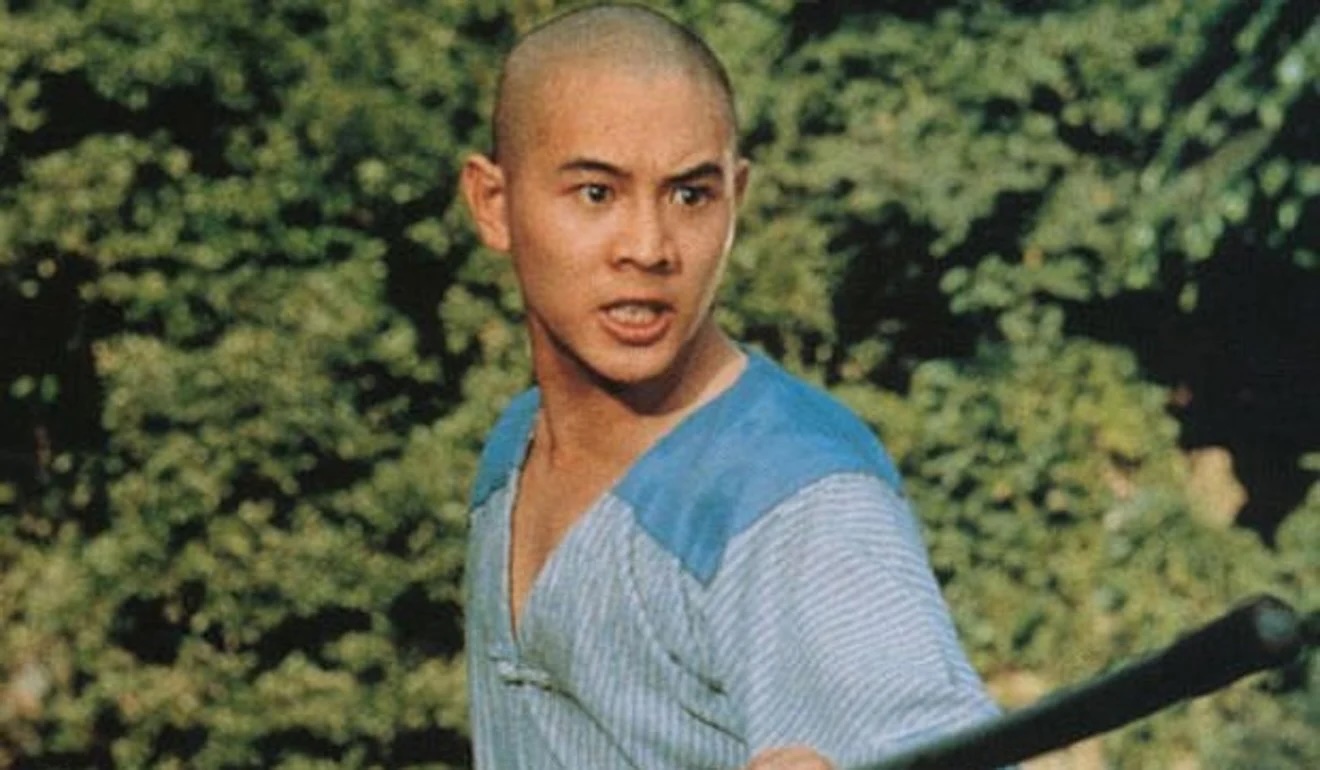Mandarin vs Cantonese - Which Should You Learn?
If you're just starting to think about learning Chinese, you may be wondering whether you should learn Mandarin or Cantonese (or maybe even some other Chinese dialect like Shanghainese, Hakka or Teochow)!
There are good reasons for learning either one. Personally, I chose Mandarin, but I'm still planning to at least dip my toe into Cantonese at some point in the future.
Let's take a quick look at the history, politics and mainstream usage of the two dialects.
A Short History of Two Dialects
 Canton
Canton
Cantonese refers to the language spoken in the province in southern China called Guangdong (in Mandarin), Kwantong (in Cantonese) and Canton (in English).
Mandarin refers to the dialect originating from the north of China that has been the official language of the Chinese republic since the early 20th century (and that used extensively throughout the Chinese empire for hundreds of years prior).
You'll always hear Mandarin no matter you go in mainland China, even in places that are home to other dialects. Cantonese, on the other hand, is commonly encountered in southern China, Malaysia, Singapore, but nowadays it's most strongly associated with Hong Kong.
Why? As with most things when it comes to China, the reason is political.
In an effort to boost literacy, the PRC government centralized and standardized the education system in the 1950s. Mandarin was ruthlessly enforced as a standard language in schools and government (which incidentally has seen a decline in the use of Cantonese on the mainland, even its birthplace Guangdong).
Hong Kong, having been strictly independent from mainland China until 1997 (and having retained varying degrees of independence under the "one country, two systems" mantra thereafter), managed to avoid this decline.
Almost 90% of people in Hong Kong speak Cantonese, so the territory remains a bastion of the Cantonese dialect.
Kung Fu

Now that the history is out of the way, it's time to talk movies!
Like many people my age who eventually went on to learn Chinese, it's no exaggeration to say that three people featured heavily - Bruce Lee, Jet Li, and Jackie Chan.
I grew up in the 90s, so even though Bruce Lee was a few years before my time, his influence was still felt in cinema and common culture. Jackie Chan, too, was starting to break through to Western audiences with movies like Rumble in the Bronx.
It wasn't long before I started digging through his Hong Kong filmography, and from there it was only a short hop to the mainland to some of Jet Li's classics from the 1980s.

The kung fu genre that most of us are familiar with has its roots in the Hong Kong film industry, so if that's what entertains you, then Cantonese is definitely for you.
Mandarin vs Cantonese Pronunciation - which is easier to learn?
When learning Chinese, distinguishing tones seems to give Westerners the most trouble when speaking or listening.
Depending on how you count, Mandarin uses four to five tones, whereas Cantonese uses six to nine.
For that reason alone, I'd say that Mandarin is a much easier dialect to learn. Most people already have tremendous difficulty with tones, and Cantonese requires at least 50% more of them! That's considerable extra complexity to wrap your head around.
It's also much easier to find a Mandarin speaker to practise with compared with Cantonese speakers. Mandarin is the official language of the whole of mainland China, so that's 1.2 billion people you could (theoretically) practise with (not to mention a further 24 million in Taiwan) . Compare that with "only" an estimated 85 million Cantonese speakers, and by sheer probability alone, you can agree that it should be easier to find someone to practise Mandarin with.
Mandarin vs Cantonese Characters - which is easier to learn?
This is actually an issue of geography, rather than dialect, but before we get on to that, I want to reiterate an important point.
If you're only interested in learning how to speak Chinese, then it's OK to forget about learning the Chinese script!
There's no ironclad rule that says you must learn how to read and write characters when studying Chinese. Learning a language is a bit like dieting - the best approach is the one that you can stick to.
So if you want to focus on improving your Chinese pronunciation, verbal fluency or listening ability, then don't fret too much about getting bogged down in characters.
That being said, if you are keen on learning how to read and write, remember that Taiwan, Hong Kong and Macau all use traditional characters, whereas mainland China uses simplified.
Put simply (hah!), simplified characters use fewer strokes than traditional, so learning simplified vs traditional will be similar to learning Mandarin vs Cantonese tones, there's simply more complexity to store in your head.